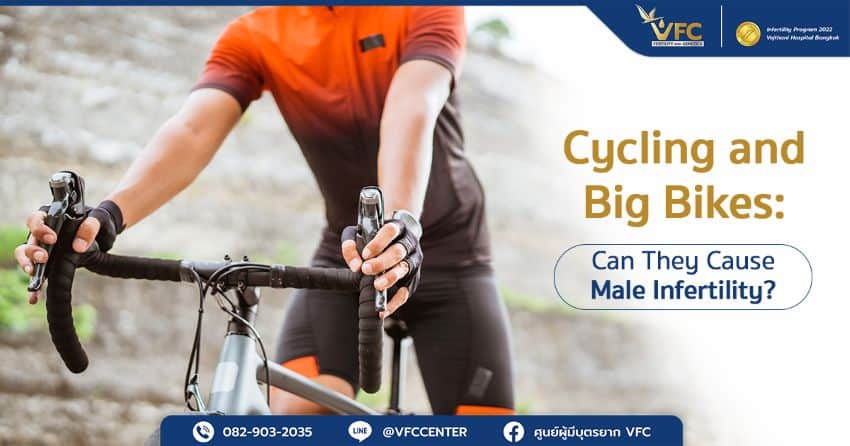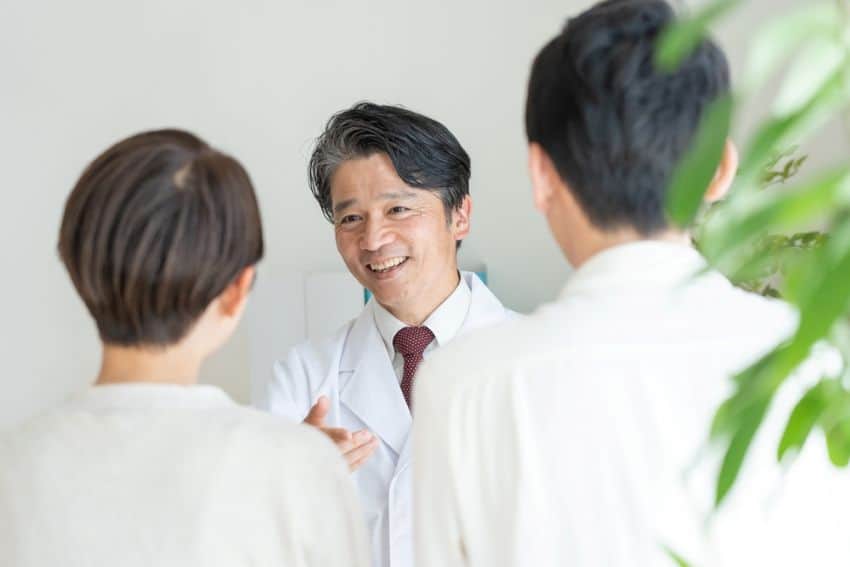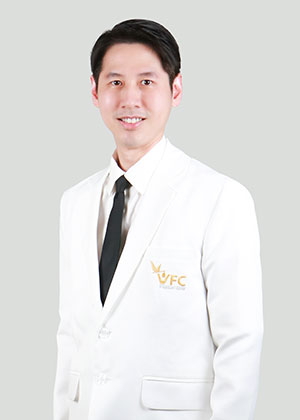
Frequent cycling or big bike riding can increase the risk of male infertility. Prolonged pressure on the testicles reduces blood flow and raises temperature, which negatively affects sperm production and quality. Heat and compression may also lead to sperm DNA damage. Men experiencing symptoms like genital numbness, abnormal semen, or fertility struggles should consult a specialist. VFC Center offers personalized diagnosis and fertility treatments, including sperm retrieval for IVF.
Men often enjoy challenging and exciting activities, especially those that combine fun and exercise, like cycling and riding big bikes. However, did you know that these popular activities could be a major cause of male infertility? These activities place significant pressure on a crucial reproductive organ—the testicles—for extended periods, which can affect sperm production.
How Can Cycling and Big Bike Riding Lead to Male Infertility?
Cycling and big bike riding have become increasingly popular activities, as they provide both fun and enjoyment. However, cycling or riding big bikes for long hours can have an adverse effect on a man’s reproductive system, especially in terms of sperm production and sexual performance. To reduce the risk of male infertility, it’s important to understand the negative impacts of these activities.
Testicles Being Compressed for Long Periods
When sitting on a bike saddle for long periods, the testicles are continuously compressed, especially when using narrow bike seats. This pressure reduces blood circulation, preventing the testicles from receiving enough blood supply, which makes sperm production more difficult.
Heat and Moisture Affect Sperm Production
Friction from cycling or riding a big bike generates heat and moisture around the testicles, which is another factor detrimental to sperm production. High testicular temperatures create an unsuitable environment for sperm production. The ideal temperature for sperm production is between 32-34 degrees Celsius.
Sperm DNA Fragmentation
Compression and incomplete sperm production can cause sperm DNA to become damaged or fragmented, reducing the chances of fertilization. This can lead to abnormal embryo development or genetic abnormalities, which may result in failed pregnancies.
Proper Cycling Techniques to Reduce Infertility Risks and Protect Sexual Health
Although cycling can affect male fertility, it is possible to modify cycling practices and equipment to minimize these risks while keeping your health intact. Here’s how to adjust your cycling habits to reduce the chances of male infertility:
1. Wear Comfortable Cycling Gear That’s Not Too Tight
Choose breathable cycling gear and shorts that promote blood circulation and reduce pressure. This will help lower heat and moisture buildup around the testicles, preventing damage to sperm.
2. Select the Right Bike Saddle
Opt for a bike saddle that is not too narrow and that can effectively support pressure and shock absorption. Narrow or V-shaped saddles hinder airflow, so try out different models before making a decision.
3. Avoid Cycling for Long Hours Without Breaks
Cycling for prolonged periods without resting can increase the risk of poor blood circulation and excessive heat. Schedule breaks to allow blood flow and cool down your body.
4. Consult a Doctor Immediately If You Experience Any Abnormal Symptoms
If you experience pain or numbness in the genital area while cycling, stop immediately and consult a doctor. Taking action early can prevent long-term health issues caused by compression.

5 Warning Signs: When to See a Doctor About Male Infertility
If you’ve been trying to conceive and nothing seems to be working, it’s important to recognize the signs and get checked by a specialist. Here are five warning signs you should never ignore, as they may lead to infertility issues:
1. Issues with Semen or Ejaculation
- Semen deficiency or absence of semen is a symptom of a blocked vas deferens.
- Abnormal semen characteristics, such as cloudiness, unusual odor, color, or viscosity.
- Premature or delayed ejaculation, including retrograde ejaculation into the bladder.
2. Erectile Dysfunction or Decreased Libido
Erectile dysfunction (ED) and a decrease in sexual desire can affect your ability to conceive. If the penis cannot achieve a full erection or there’s a reduced sex drive, it can hinder intercourse and sperm release.
3. Pain or Abnormalities in the Testicles
If you experience pain or abnormal swelling in the testicles, consult a doctor. This could be caused by issues unrelated to cycling, such as testicular torsion or varicocele, and should be addressed immediately.
4. Hormonal or Chromosomal Imbalances
Low testosterone or imbalanced hormones can impact fertility. Signs include issues like erectile dysfunction, reduced sexual desire, and physical changes such as reduced body hair, muscle loss, or enlarged breasts.
5. Underlying Health Issues or Risky Behaviors Impacting Fertility
The final case when men should see a doctor to assess infertility is when they have underlying health conditions and risky behaviors affecting the reproductive system. Health problems affecting fertility include diabetes, high blood pressure, liver disease, kidney disease, and hormonal disorders. Risky behaviors include long-term cycling, hot water baths, sauna use, drug abuse, and exposure to chemicals.
If you and your partner are struggling to conceive and are experiencing any of the above issues, it’s time to seek professional help. At VFC Center (V Fertility Center), we offer comprehensive fertility consultations and treatments tailored to your specific needs, including sperm retrieval for IVF. Visit our site to learn more about our services and how we can support you every step of the way in your journey to parenthood.
Frequently Asked Questions:
Can cycling really cause male infertility?
Yes, cycling for long hours can compress the testicles and increase heat, both of which may negatively affect sperm production and quality.
How does heat from cycling affect sperm?
Heat and moisture generated during cycling create an unsuitable environment for sperm production, as optimal sperm production occurs at 32–34°C.
What cycling habits should I avoid to protect fertility?
Avoid narrow saddles, tight shorts, and long rides without breaks. These increase pressure and heat in the groin area, affecting sperm health.
When should I see a doctor about infertility concerns?
If you experience symptoms like abnormal semen, erectile issues, testicular pain, or failed attempts at conception, consult a fertility specialist.
Can I still enjoy cycling without risking infertility?
Yes. With proper gear, appropriate saddle selection, regular breaks, and awareness of symptoms, you can cycle while reducing fertility risks.
Article by Dr. Worawat Siripoon
Contact or Book a Consultation:
VFC Center – V-Fertility Center
Hotline: 082-903-2035
LINE Official: @vfccenter

OBSTETRICS AND GYNAECOLOGY-REPRODUCTIVE MEDICINE





No Comments
Sorry, the comment form is closed at this time.